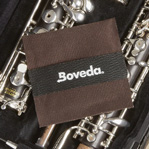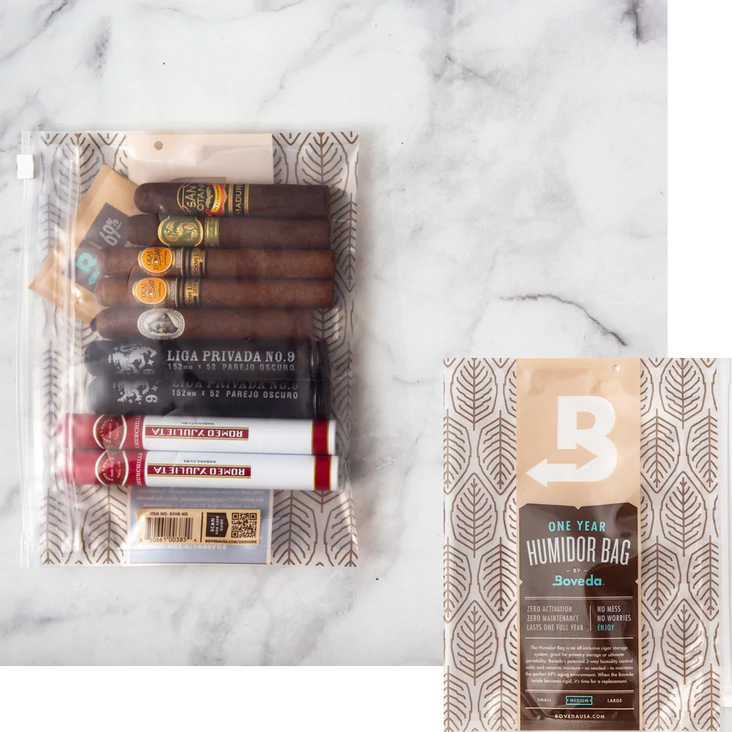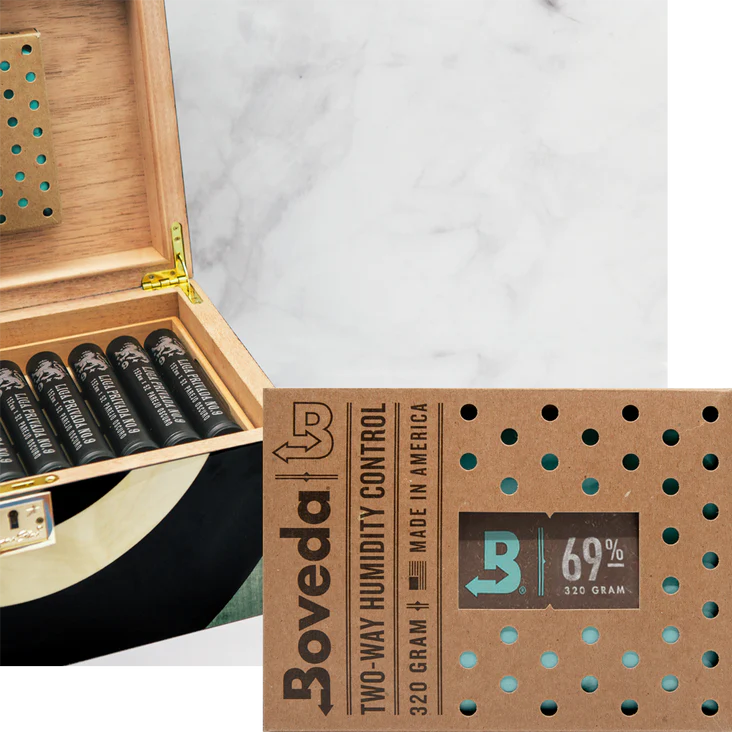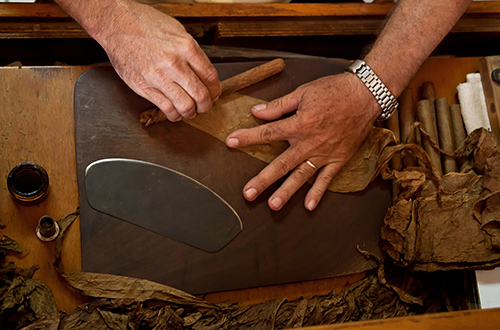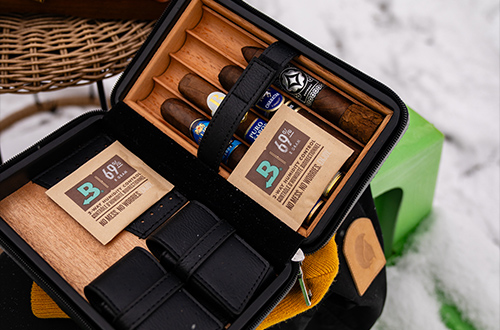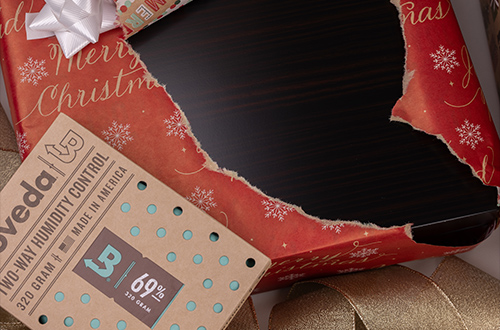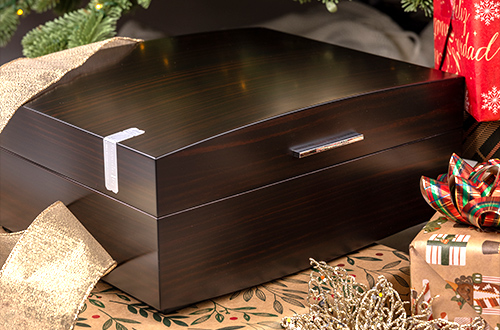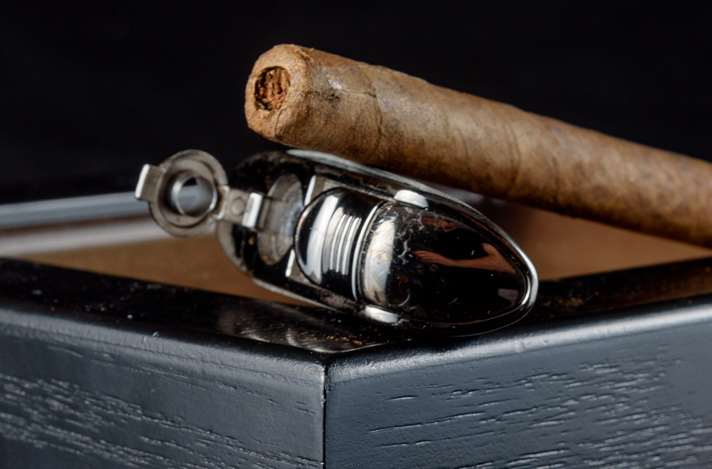
If you’ve ever witnessed someone on a golf course wedge their tee into a cigar cap, you’re familiar with the general principle behind a cigar punch.
However, unlike the inelegant golf tee method, a cigar punch is a precise cigar tool. It’s the ace up the sleeve of many cigar lovers, whether they need a slim cutter when traveling or a foolproof cutter in a hurry.
If you’re new to the intimidating world of cigar connoisseurship, let this be your guide; alongside a cigar humidor starter set and a butane lighter, the cigar punch is a worthwhile addition to your collection. So read on to find out what you need to know about cigar punches—what they are, how to shop for them, how they stack up against the alternatives, and how to use them properly.
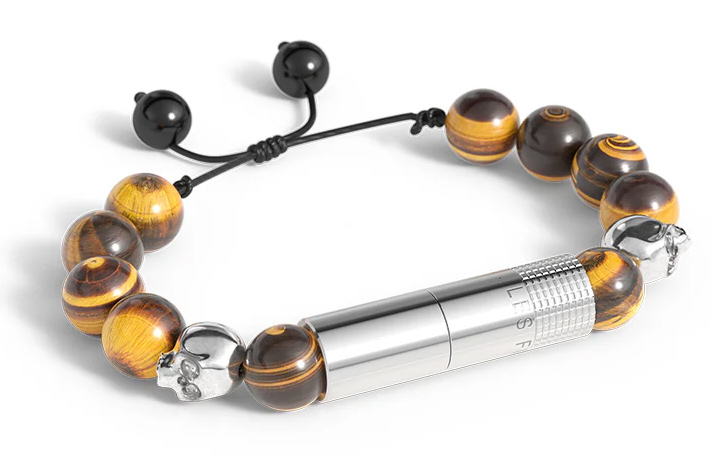
What Is a Cigar Punch?
A cigar punch is a small tool, roughly the size and shape of a laser pointer, that cuts a clean circular hole in your cigar. A punch typically features a sharp, cylindrical blade approximately five to ten millimeters in diameter, attached to a pen-like body you can use for steadying and leverage. You fit the bladed end to your cigar cap, and voilà—with a little technique, you create a nice little opening to achieve a smooth draw.
Cigar Punches Vs. Other Cigar Cutters
The cigar cutting tool that works for you is a personal preference. Some cigar smokers swear by cigar punches because they:
- Save more of the cigar by shearing away less of the tobacco
- Leave little tobacco debris to get stuck in your mouth (if your punch is sharp)
- Produce a controlled draw that some find preferable
- Give a precise, foolproof cut, even after a few brandies
- Travel easily, fitting neatly in a cigar travel case
When Not to Use a Cigar Punch
Punch cutters won’t work on every cigar type. Some examples:
- Certain tapered figurados feature a cap whose ring gauge is just too thin for cigar punches.
- Some splashier figurados, like the stellar Fuente Fuente Opus X BMF, have a tail of loose tobacco fanning from the cap, which makes cigar punching especially tricky.
- If you’re smoking a lancero or cigarillo—something with a ring gauge less than, say, 38—you might find that your punch is too big for the cap.
- Conversely, fatter cigars like gordos, robustos, and toros either need a large punch size or multiple punches (more on the clover punch here).
In these cases, cigar lovers often reach for their alternatives: a guillotine cutter or V-Cut. Check out this piece on How to Cut a Cigar to see what cigar cutter best fits what you smoke.
Need a Guillotine?
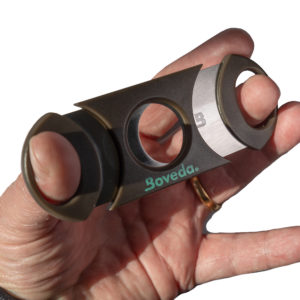
You can never have too many cigar cutters, shop for your Boveda Cigar Cutter here.
What to Look for in a Cigar Punch
As with any cigar cutter, sharpness is critical. If the punch’s cylindrical blade is dull, it can force the tobacco or crack the wrapper. Other purchase considerations include:
- Punch diameter, depending on what cigar ring gauge you enjoy
- Small enough to clip to your keyring
- Ease-of-use features, like a finger grip
- Overall construction—a sharp blade and durable housing (You don’t want the mechanism failing after a few dozen punches.)
When you’re shopping for a cigar punch, ask your local tobacconist what model they use. It’s good to go with a cigar tool that’s vetted by real-live people. However, if you prefer to order online, here are a couple of favorites.
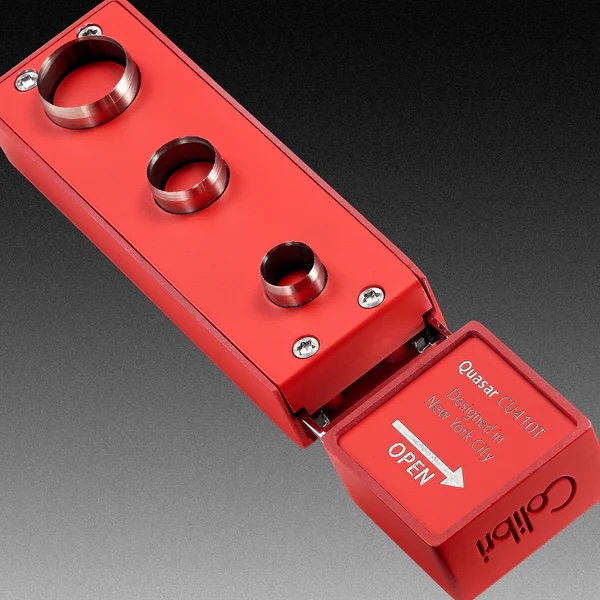
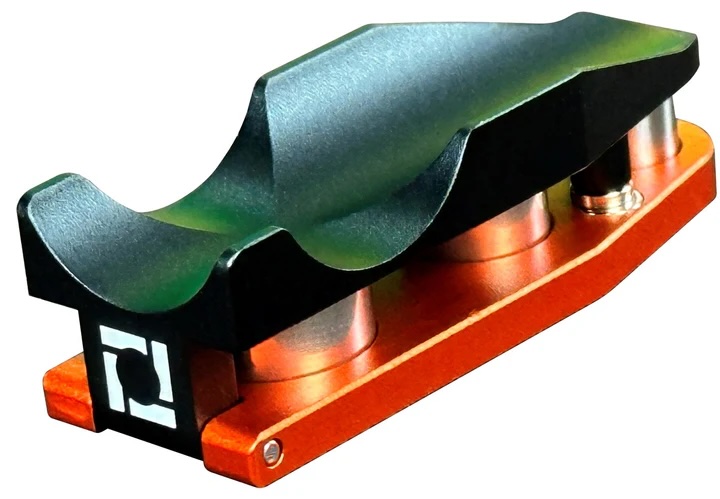
How to Use a Cigar Punch Correctly
The good news is that using a cigar punch is pretty straightforward. (No guessing at the cap/head line like you have to with a guillotine cutter.)
Getting a Good, Clean Punch
First thing’s always first: inspect your cigar. If it’s too dry, give it some more time in a Boveda Humidor Bag. Read how to tell in your cigar needs rehydrating here.
Grab Your Trusty Cigar Punch
- Hold the cigar with a firm but gentle grip and hold the cap (closed end) face out.
- Line the punch in the center of the cap. It doesn’t matter if the hole is slightly off-center, as it won’t affect the draw.
- Apply some gentle pressure as you twist the punch back and forth. Resist the urge to karate chop or force the punch, which can crack the cigar wrapper. Once you meet some natural resistance from the base of the punch, you know you’ve gone far enough.
- For fatter cigars, you may need to employ the “clover punch,” by making three or four punches in the cap in a clover-like pattern.
- Remove the punch, continuing that twisting motion until you’ve freed the tool. You should see a small disk-shaped tobacco plug in the punch. In most devices, you can eject the plug with a simple spring mechanism. If the plug remains in the cigar, MacGyver it free with a key, pen cap, toothpick, etc.
- There you have it: A small, effective aperture in the cigar cap. Give the cap a short, forceful blow to eject any loose debris, and start lighting! Tips here on how to light a cigar.
Not sure what to do next? Check out Boveda’s back catalog of blog posts for various articles on cigar etiquette—from how to put out a cigar, how to hold a cigar, and what to do if you see white spots on your cigar wrapper. To conclude, cigar punches are convenient, transportable cutting solutions that work on most cigars. Buy a quality punch with sharp cylindrical blades and solid construction. Use them on standard-sized cigars, reserving a V-Cut or guillotine for particularly thin-gauged sticks. And clean them with a fine cloth after each cut to preserve their integrity.



